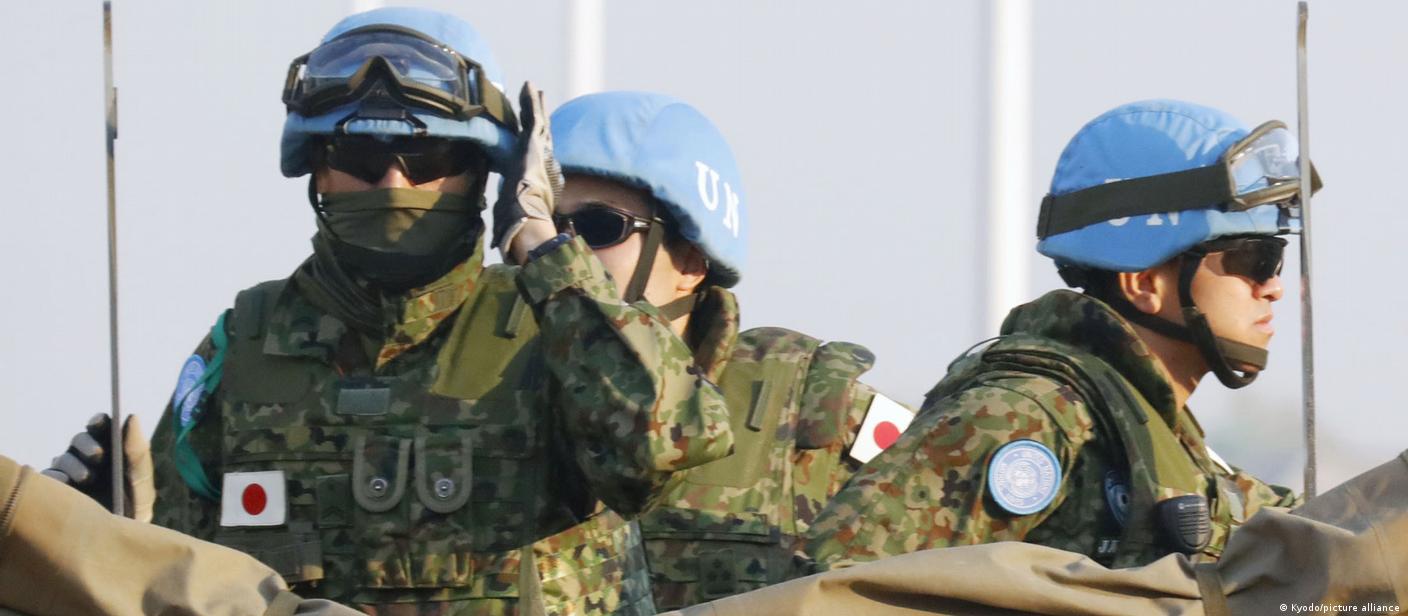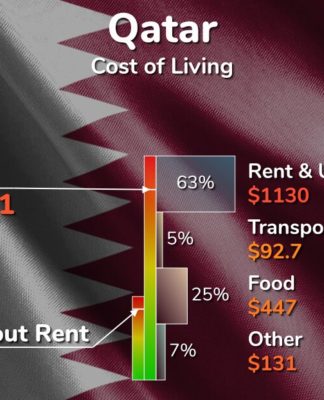CONFLICTSJAPAN
Japan approves a historic new military build-up
38 minutes ago38 minutes ago
Citing looming threats from China and North Korea, Japan has doubled its military expenditure. Tokyo will now focus on raising its counter-strike capabilities, according to the new policy.
https://p.dw.com/p/4L2S6
Japan on Friday approved a new national security strategy — one of the country’s largest defense shake-ups since World War II.
This is a marked shift from the country’s pacifist approach, which has dominated its political discourse for decades.
Japan’s military spending has been beefed up to counter threats from China and a heavily armed North Korea. The country’s security officials warned that China currently poses the “greatest strategic challenge ever.”
The cabinet approved three documents which outlined the strategy shift — the National Security Strategy (NSS), the National Defense Program Guidelines, and the Mid-Term Defense Program.
The move will now ramp up Japan’s security expenditure from 1% of GDP to NATO’s standard of 2% of GDP by 2027.
North Korea fires missile over Japan
02:30
Japan raises counter-strike capacity
The most closely watched changes will be the acquisition of what Japan calls “counter-strike capacity.” This is the ability to strike other nations that may threaten Japan’s safety.
The approved documents warn that Japan’s current missile interception systems are no longer sufficient.
As per reports, the country will now buy up to 500 US-made Tomahawk cruise missiles which can reach a distance of 1,250 kilometers (775 miles).
Tokyo will also triple the number of military units equipped with ballistic missile interception capabilities.
Under the new strategy, the country will increase its military presence in its southernmost islands to counter Beijing’s threats.
Japan’s 2020 defence budget sets record
01:12
Other changes include the reshaping of the military command.
Japan’s Self-Defence Forces (SDF) will be reorganized and placed under a newly appointed permanent joint command to respond more quickly to emergencies.
By March 2024, Japan’s military personnel will be permitted to use civilian ports and airports.
According to reports by the newspaper Yomiuri, which said that it had seen the draft of the plan, Tokyo will spend close to $22 billion towards cyber warfare operations and $14 billion on space capabilities.
Japan’s new hardline approach towards China and Russia
The defense revamp has significantly hardened the government’s language towards China and Russia.
Japan’s Prime Minister Fumio Kishida and Chinese President Xi Jinping shake hands in Bangkok.Japan’s Prime Minister Fumio Kishida and Chinese President Xi Jinping shake hands in Bangkok.
Previously, Japan was seeking a “mutually beneficial strategic partnership” with Beijing.Image: Jiji Press/AFP/Getty Images
Meanwhile, Japan, which once sought enhanced ties and cooperation with Russia, now warns Moscow of its military posture in Asia and calls its proximity to China — “a strong security concern.”
Earlier in October, Japan joined its Western allies in imposing sanctions over Russia’s Ukraine invasion.
Public backs the hiked defense expenditure
The country’s doubled defense budget will be funded by a raise in corporate, income and tobacco taxes.
The hike was approved on Thursday by a tax panelof Japan’s ruling Liberal Democratic Party (LDP).
Chinese Prime Minister Fumio Kishida called the overhaul an “urgent challenge in this severe security environment.”
According to polls, worried by growing regional threats, Japan’s public largely backed the shift.
Nevertheless, the changes could still prove controversial as the country’s post-World War II constitution does not recognize the military and reduces it to nominal self-defense capabilities.
ns/es (APFE, Reuters)






























